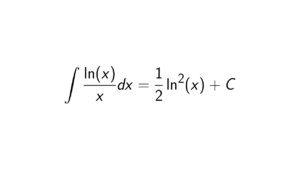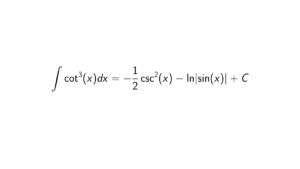Prove that the additive groups \mathbb{Z} and \mathbb{Q} are not isomorphic.
Proof. Assume that
\mathbb{Z} and
\mathbb{Q} are isomorphic. Then there exists a mapping
\begin{align*}
\phi: \mathbb{Q} \longrightarrow \mathbb{Z}
\end{align*}
such that
\phi is bijective and is a group homomorphism. This also means that there exists an element
q \in \mathbb{Q} such that
\phi(q) = 1_{\mathbb{Z}} (note that
0 is the identity element and not
1 since we are working with additivity groups). So we have the following:
\begin{align*}
\phi(q) &= \phi(q/2 + q/2) \\
&= \phi(q/2) + \phi(q/2), \quad \text{by group homomorphism} \\
&= 2\phi(q/2).
\end{align*}
This means we have that
2\phi(q/2) = 1_{\mathbb{Z}}, which implies that
\phi(q/2) = 1/2. But
1/2 \not \in \mathbb{Z}, so we have a contradiction. Therefore, the additive groups
\mathbb{Z} and
\mathbb{Q} are not isomorphic.

